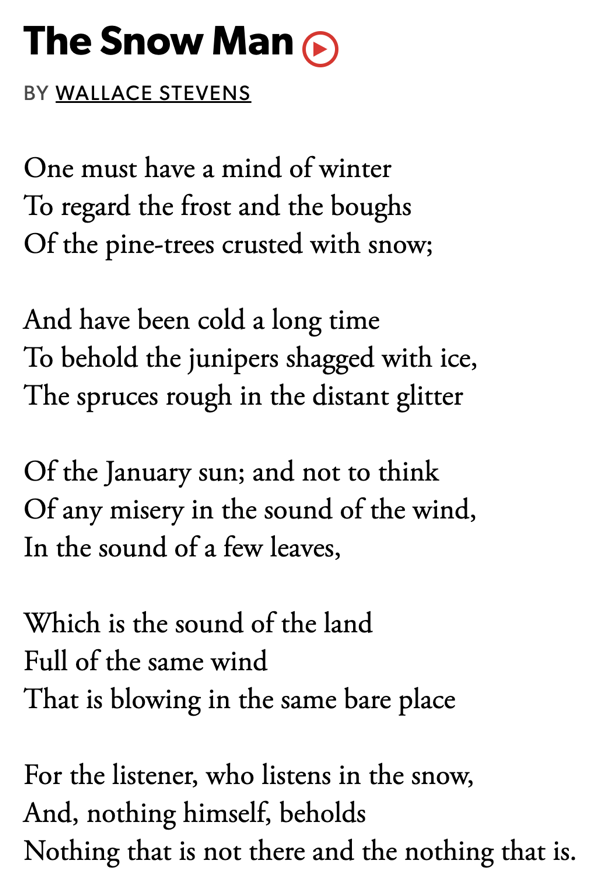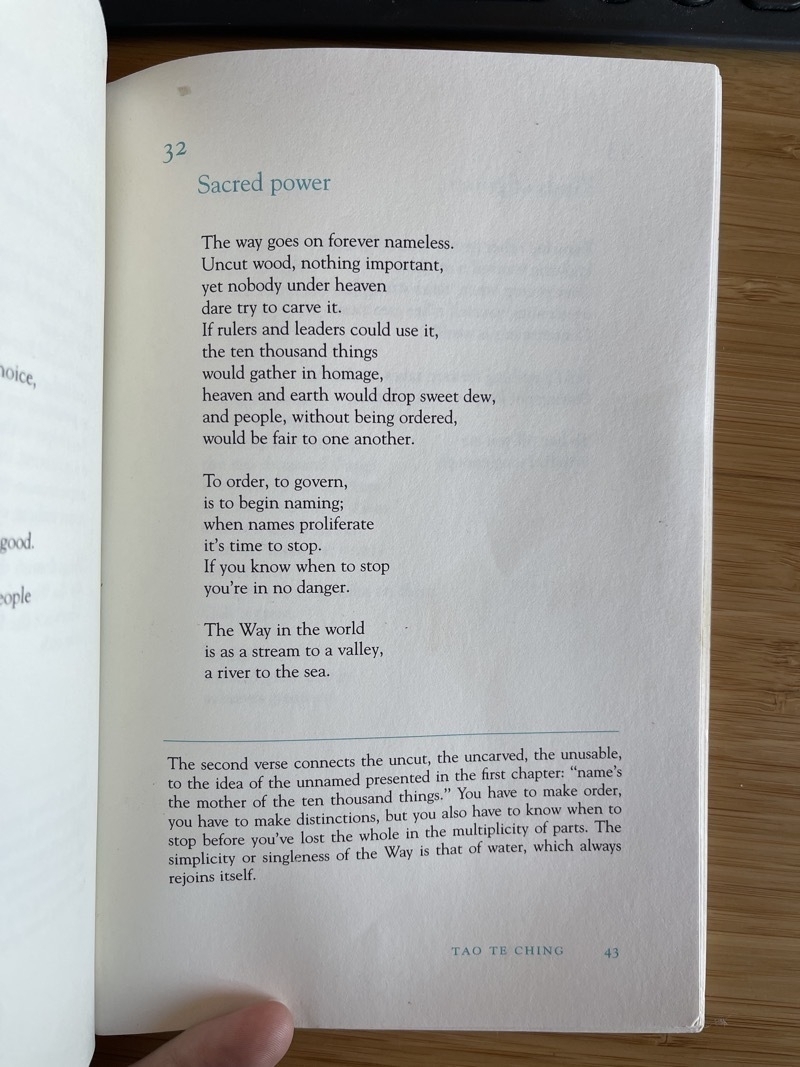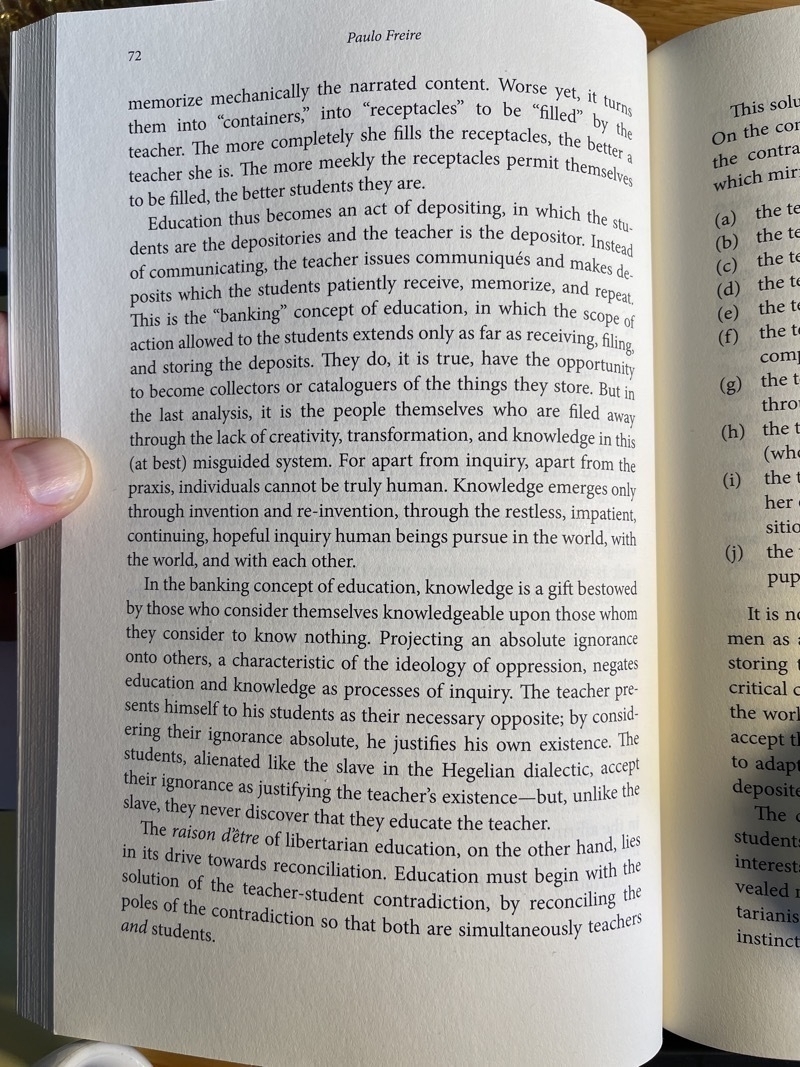Separating Creation and Consumption
From Craig Mod in 2019:
Here’s another, more subtle, point about the grace of email and newsletters: Creation and consumption don’t happen in the same space. When I go to send a missive in Campaign Monitor the world of my laptop screen is as silent as a midnight Tokyo suburb. I think we’ve inured ourselves to the (false) truth that in order to post something, in order to contribute something to the stream, we must look at the stream itself, “Bird Box”-esque, and woe be the person in a productive creative jag, wanting to publish, who can resist those hot political tweets.
I’m not even sure this point is that subtle—or maybe I’m an outlier—but when I open up a social network to post there, it is the rarest of times that I don’t find myself scrolling, indefinitely, before saying to myself, “Wait, why did I open this app?” By the time I remember what I wanted to post, the spark of creation has often winked back into the brisk morning air.
Email newsletters are a great way to circumvent this pattern, but I especially appreciate Mod’s insight because it also explains why my current arrangement for posting tweet-length things works well for my can’t-resist-the-scroll brain. That arrangement being:
- Draft tweet-length and longer blog posts in MarsEdit, which contains no feed at all and only enables creation.
- Hit publish and MarsEdit sends them directly to my Micro.blog-hosted personal blog, jasper.land, where they exist indefinitely on a website I own and can directly link to.
- Micro.blog automatically reposts to RSS, a weekly roundup newsletter, and Mastodon, so I am hypothetically having the same social media experience as someone who posted directly to Mastodon. (Before the Musk takeover and attendant API ruining, Micro.blog could repost on Twitter, too.)
The part of this that I have previously noted is the joy of having my own blog that isn’t affiliated with any VC-funded corporation. But now I’m think that an equal or perhaps even more important factor in my enjoyment of all this is the way these low-fi tools elegantly separate creation and consumption.

 – Lao Tzu, Tao Te Ching (tr. Ursula K. Le Guin)
– Lao Tzu, Tao Te Ching (tr. Ursula K. Le Guin)
